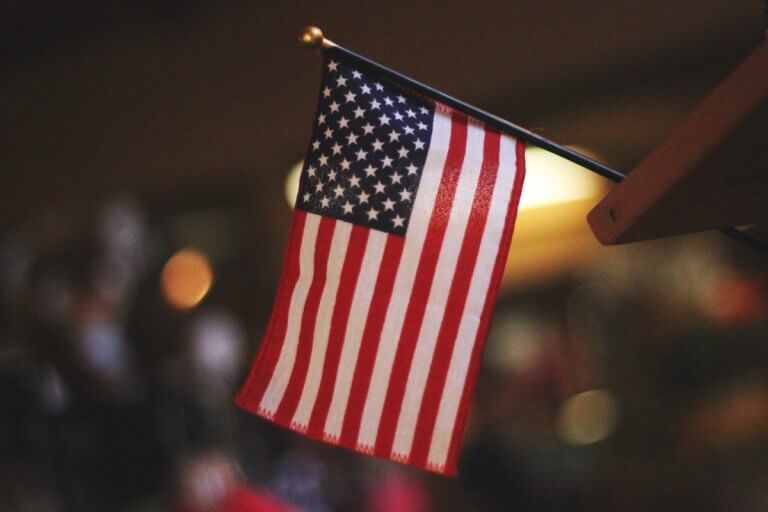
The United States. The land of opportunity, prosperity and hope. A place where hard work reaps personal rewards and nothing is beyond the horizon if you show heart and determination.
This is the American Dream sold to millions of Indian students each year. A far cry from corrupt governments, ingrained caste systems and unfair education systems in India, the US offers a refuge of personal autonomy and success against a system weighted for them to fail.
World-class institutions, the hope of a postgraduate H-1B visa and the promise of a booming economy makes the US seem like a wonderland of opportunity and self-growth,a space supposedly free of family expectations and oppressive politics.
The American Dream is a tale that has been propagated through the country since the Great Depression of the 1930s. This vision of success, wealth and happiness in return for hard work and determination has rebuilt the US into the world’s largest economy.
It doesn’t matter if your family is poor, your race or gender is systematically subjugated or your job is making you depressed, if you work hard, you can have everything you’ve ever wanted, this long-told fable dictates.

All this and more can be yours if you work hard enough…or so the story goes. Source: Shutterstock
This is an enticing offer for Indian students who want a shiny slice of the Wolf of Wall Street depiction. Coming from a country where your place in the world is still dictated by the caste you are born into, despite its official outlawing in the 1950s, the idea that happiness and prosperity are yours to achieve is hard to refuse.
And refuse they certainly don’t – 186,000 students from India came to the US in 2017, making it the largest student market to the US after China. This likely reassures students of the benefit of studying in the US. After all, so many people wouldn’t still be chasing the American Dream if there was no dream to pursue, right?
The recently held Student Visa Day in India epitomises this mentality. During the event, the US Embassy in New Delhi announced there would be no changes to the H-1B visa while making no comments on the thousands of Indian people waiting in line for their Green Card.
How are you expected to buy a house, start a family and build a life within the six years stamped on your H-1B visa? How are you supposed to realise the greatness hard work brings when you already have a plane ready to ship you out once you’ve fulfilled the working quota deemed acceptable by immigration authorities?
https://twitter.com/emotionalozzy/status/1008486491620872198
Living in the US on a temporary visa is essentially living in a state of flux. Here, your hard work and drive to succeed translates to pennies in the government’s pocket rather than helping you build a successful life.
But the promise of the H-1B visa still provides students with that sense of hope so integral to the nation’s depiction of the American Dream. While on a H-1B visa, your employer can apply for a Green Card that allows you to permanently remain in the US.
This ultimately means that if you work hard for your employer you’re likely to earn a Green Card. Unfortunately, this misses out the small print of the backlog of Indian people on the H-1B visa program who are currently awaiting their permanent pass.
Because of quotas on Green Card allocations, there’s currently a stockpile of Indian applicants from January 2012 for those with a PhD; March 2009 for those with a Master’s degree; and November 2008 for those with a Bachelor’s, according to the official July 2018 monthly visa bulletin.
Today I got to speak to an international student from China. He said they fantasized on the American dream bc of movies. So his parents forced him to study in the US. He said in the movies America seems so great & once he came here he said it was a scam. He wanted a refund. Lmfao
— phat taurus ☭ (@lab_taurus) April 19, 2018
This means any employer submitting a Green Card application after these dates will not yet be considered, revealing the stark con of the American Dream to all Indian students hoping to build their lives here.
It doesn’t matter how good you are at your job, how much value you bring to the US economy or society, or even how determined you to succeed: if you’re studying in the US any date within the last 5 years, you can apply for your H-1B visa and start your career. But, when it comes to continuing it, there isn’t a line you can join.
Liked this? Then you’ll love…
Why are Indian students still flocking to the US?
Indian graduates in tech sector remain eligible for H-1B visa







